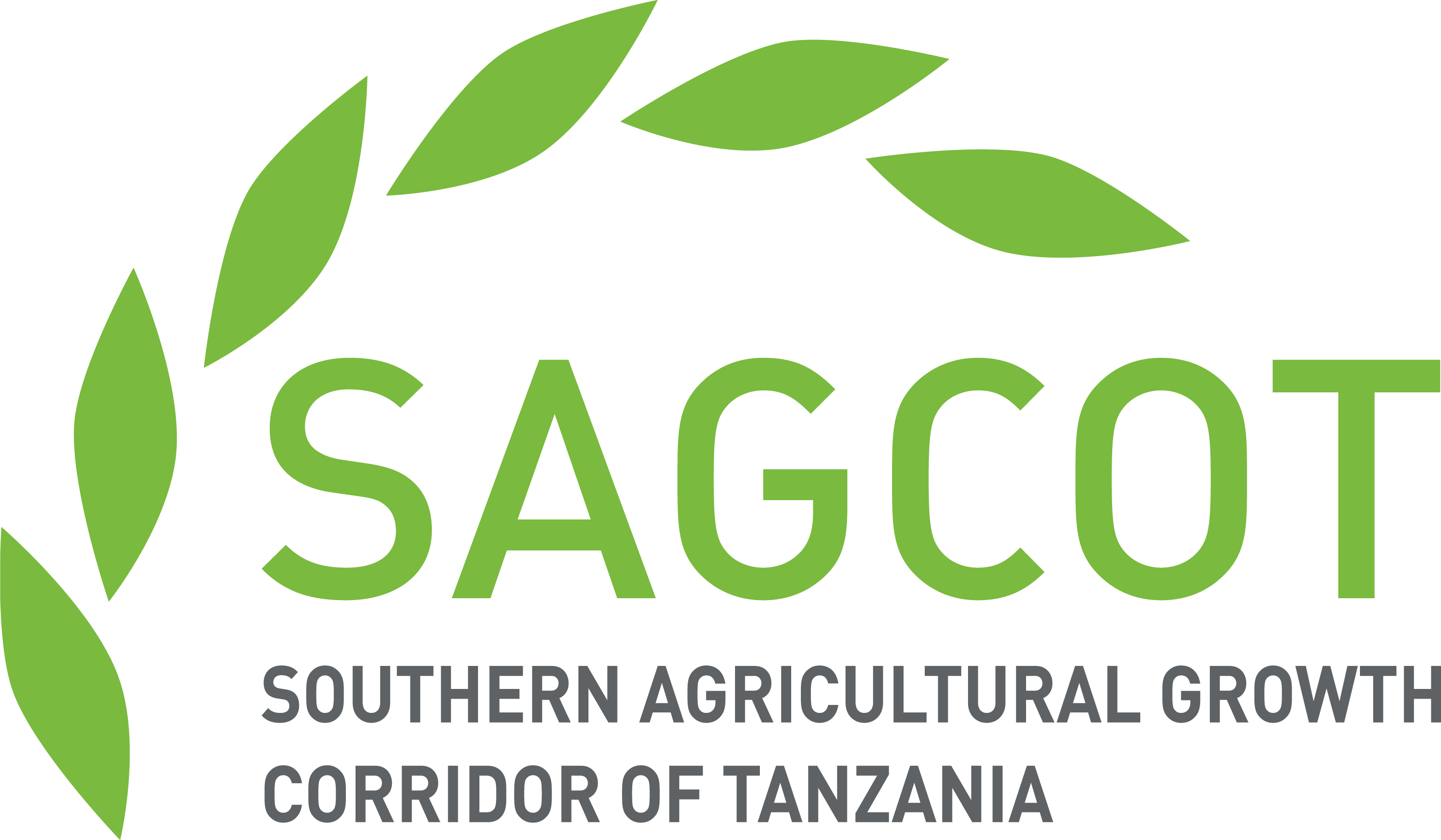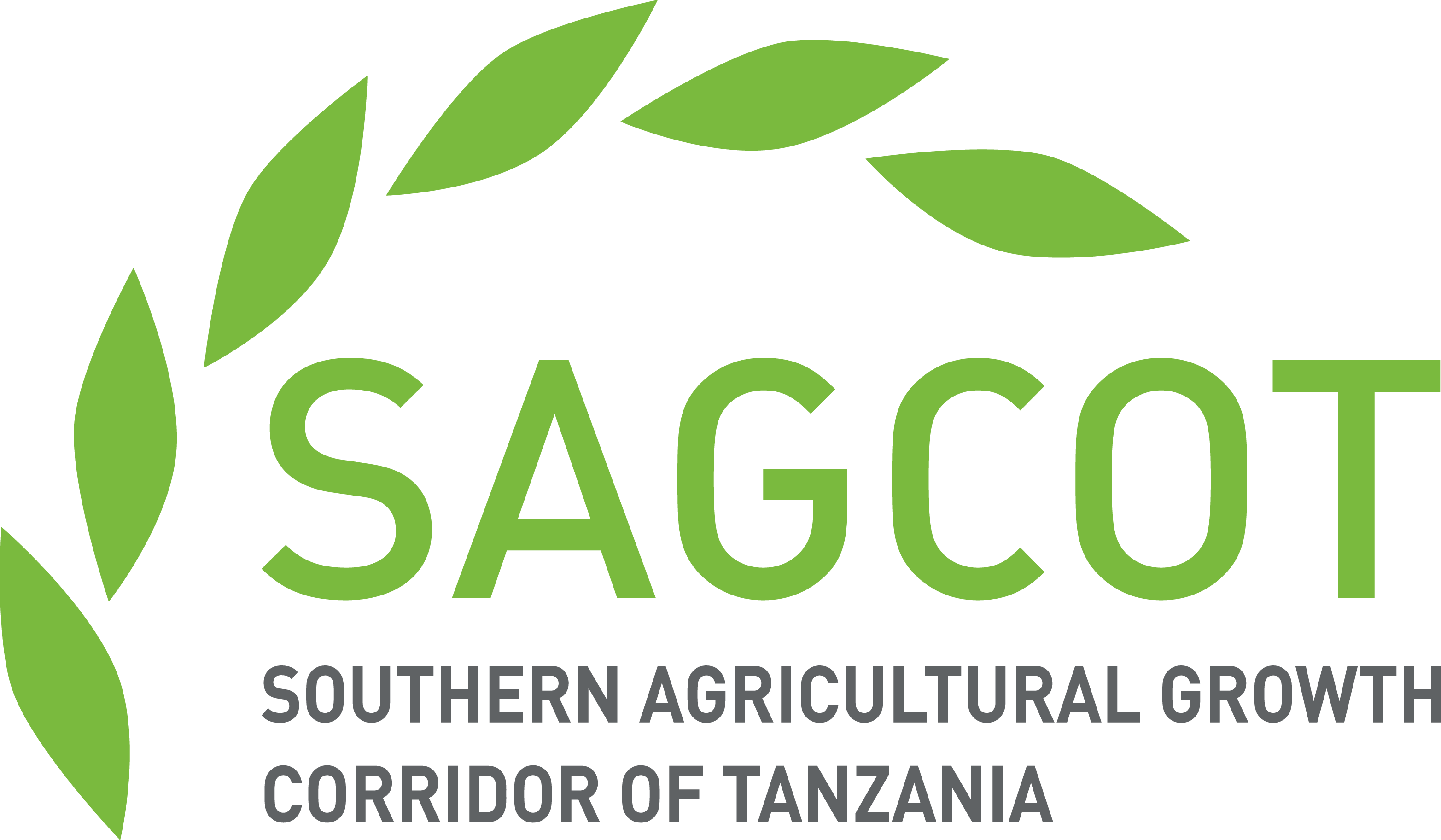The Ministry of Agriculture has projected a significant annual rise in soya seed production, spurred by public-private partnerships and the use of irrigated farms to meet the growing demand for quality seeds in Tanzania. During a stakeholders’ meeting, the ministry’s Permanent Secretary, Mr. Gerald Mweli, emphasized the role of irrigation in boosting soya production. He noted that irrigation systems have been installed on selected farms dedicated to seed production, with ongoing research in agricultural institutes. “Tanzania is entering a new era of soya seed production,” he said, highlighting the growth potential.
While the exact number of farms and budgetary allocations for research were not disclosed, Mr. Mweli stressed that adopting new technologies and irrigation approaches is expected to increase both seed output and the number of farmers involved. Speaking through the Director of Implements and Value Addition, Engineer Anna Mwangamilo, Mr. Mweli further stated that production is set to expand, both in frequency and volume, with increased investment in research centers to ensure the development of superior seed varieties.
The meeting, co-organized by the Ministry of Agriculture and the Southern Agricultural Growth Corridor of Tanzania (SAGCOT), brought together stakeholders from the soya industry. SAGCOT’s Programme Manager for the Tanzania Sustainable Soybean Initiative (TSSI), Mr. Abdallah Msambachi, explained that the current focus is on producing competitive soya for local and international markets while creating employment opportunities along the value chain.
Soya is predominantly grown in regions such as Ruvuma, Iringa, Mbeya, Rukwa, and Morogoro, with other areas like Tanga, Mtwara, Lindi, Kagera, Mara, Kigoma, Kilimanjaro, Arusha, and Manyara also showing strong potential for expansion.
Despite a favorable business environment for soya, challenges remain. The General Manager of Iringa Farmers’ Cooperative Union (IFCU), Mr. Tumaini Lipola, noted that production levels are still below capacity due to hurdles such as limited access to agricultural financing. Currently, farmers harvest an average of 500 kilograms per acre, compared to the potential yield of 1.5 tonnes per acre from the Sipack variety.
The meeting attracted participants from the private sector, financial institutions, and various non-state actors, all of whom are working towards addressing these challenges and unlocking the full potential of Tanzania’s soya industry.
The Tanzania Sustainable Soybean Initiative (TSSI), a flagship programme under SAGCOT, plays a central role in achieving this goal. Established as a collaborative effort between SAGCOT and several key partners, including the Farm to Market Alliance (FtMA) under the World Food Programme (WFP), Accelerating Strategies for Practical Innovation and Research in Economic Strengthening (ASPIRES), and the International Institute of Tropical Agriculture (IITA), the TSSI was launched to enhance the competitiveness of the soybean industry in Tanzania. The programme aims to expand both domestic and export markets while improving industrial utilization of soybeans.
The initiative focuses on six key regions—Songwe, Iringa, Mbeya, Njombe, Rukwa, Ruvuma, and Morogoro—chosen for their suitability for soybean cultivation. The project began in early 2023 and is scheduled to run until March 2024. Through the TSSI, SAGCOT collaborates with the Tanzania Agriculture Research Institute (TARI) to research and promote high-yield soybean seed varieties and farming technologies that are resilient to climate change.
Abdallah Msambachi, Programme Manager of TSSI, noted that the initiative has been pivotal in educating farmers about the most suitable soybean varieties for their environments. “Our goal is to improve productivity and increase the number of soybean farmers across the country,” he said.
The programme also addresses the significant market demand for soybeans, which is estimated at 150,000 tonnes annually in Tanzania. By increasing production, TSSI hopes to meet this demand and create market opportunities for smallholder farmers. FtMA, a key partner, has been instrumental in helping farmers access reliable markets and providing training on farm management, post-harvest handling, and value addition.




